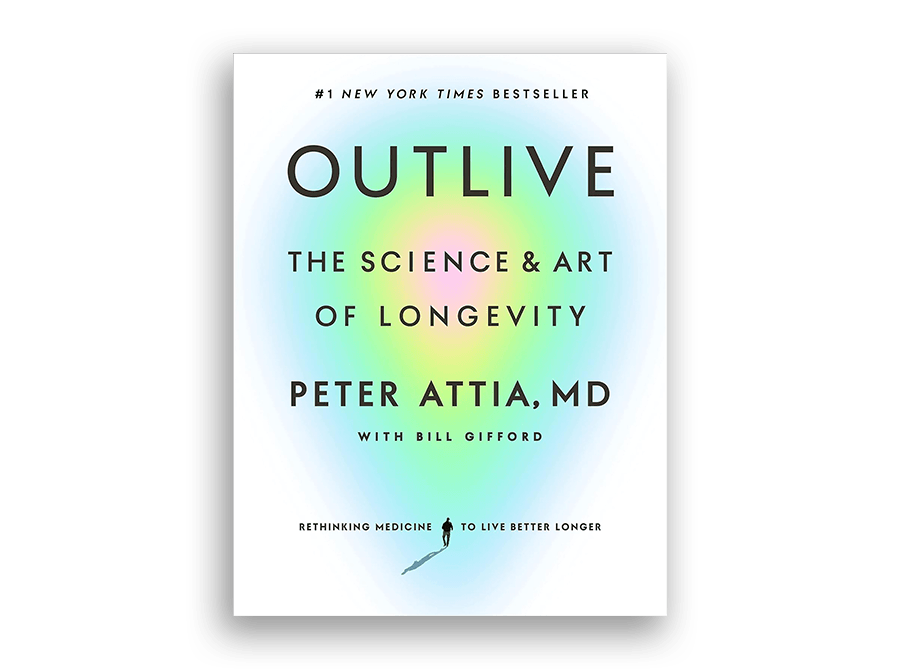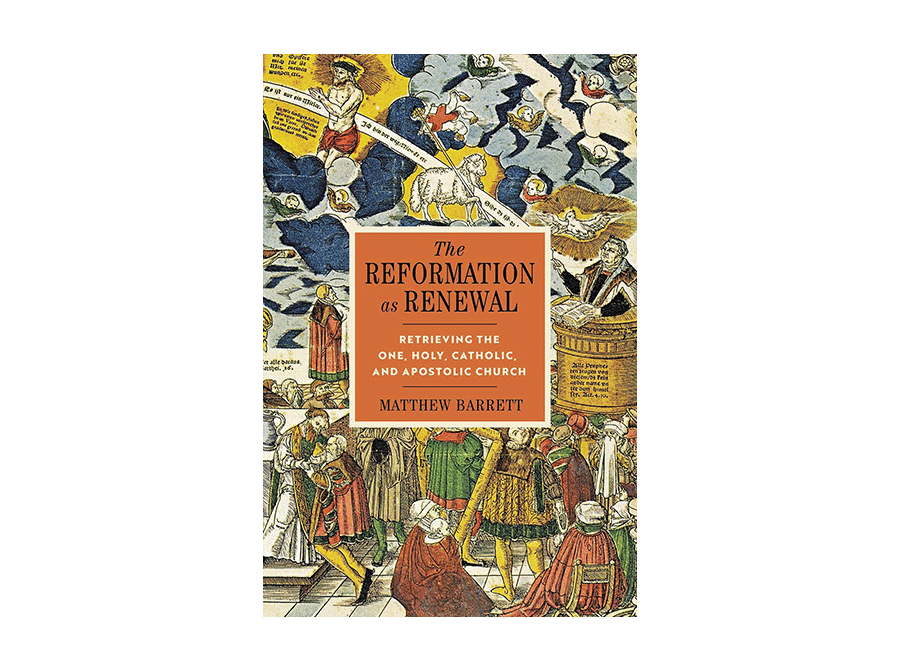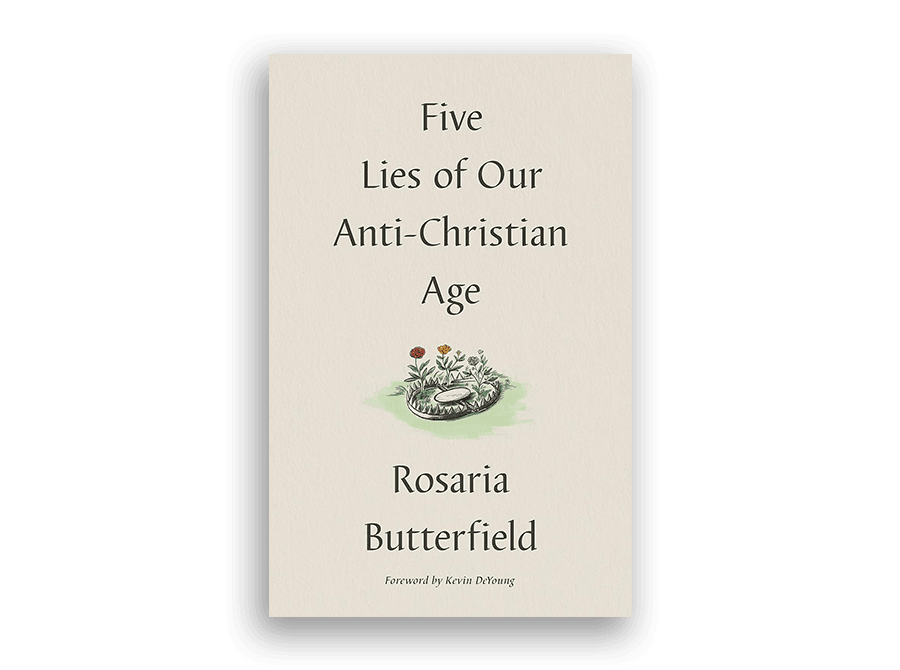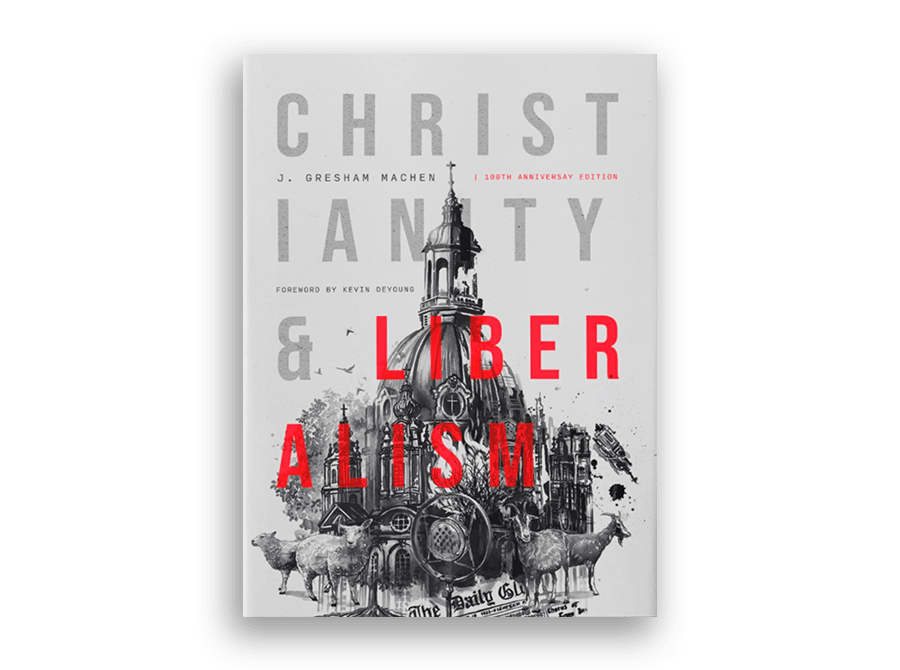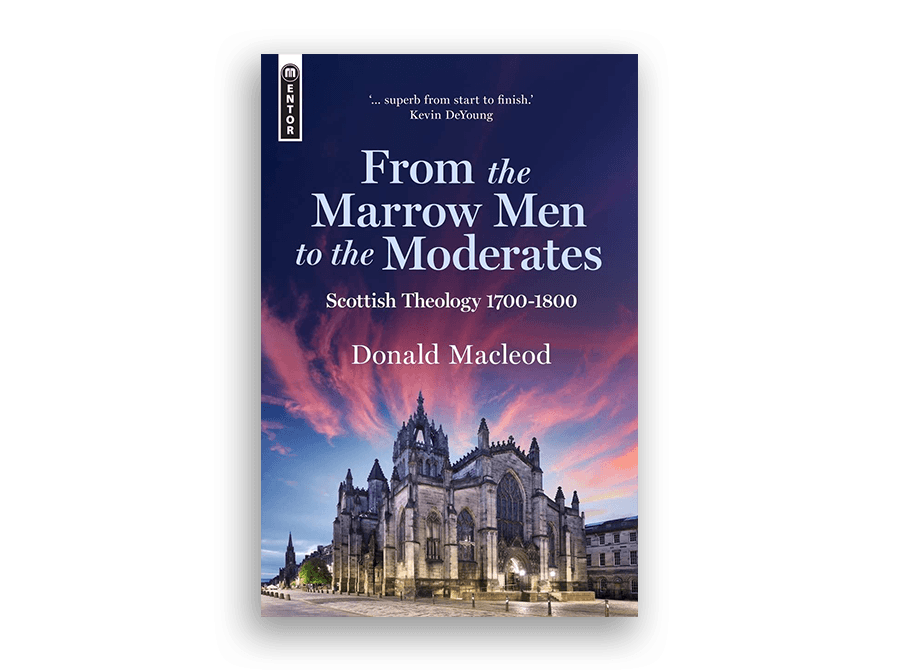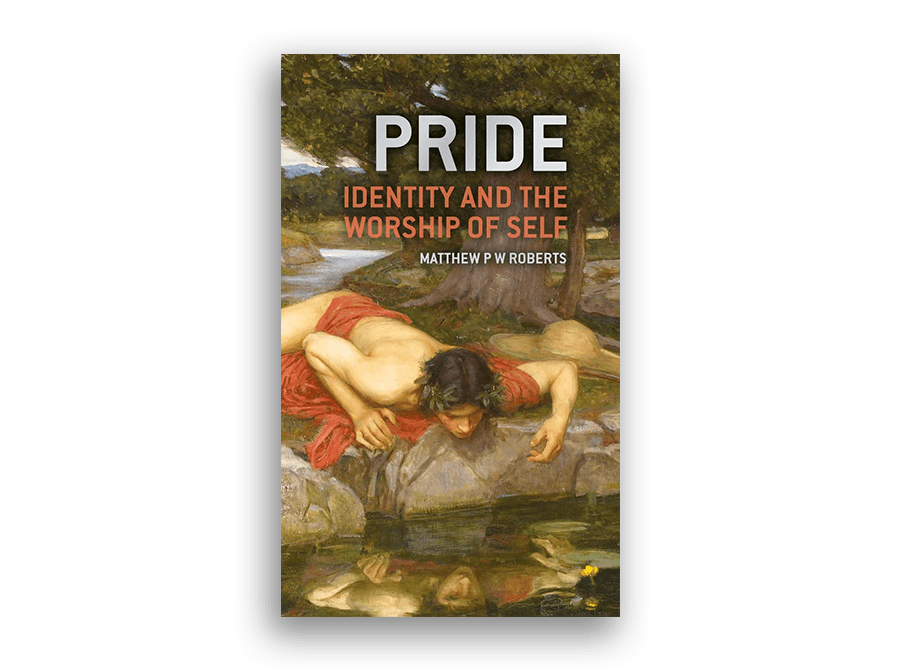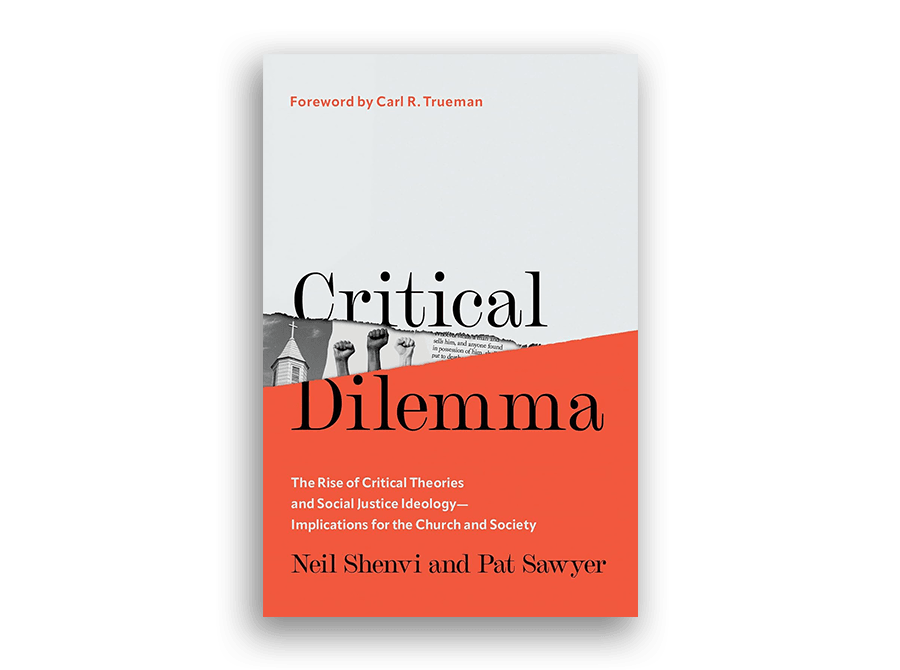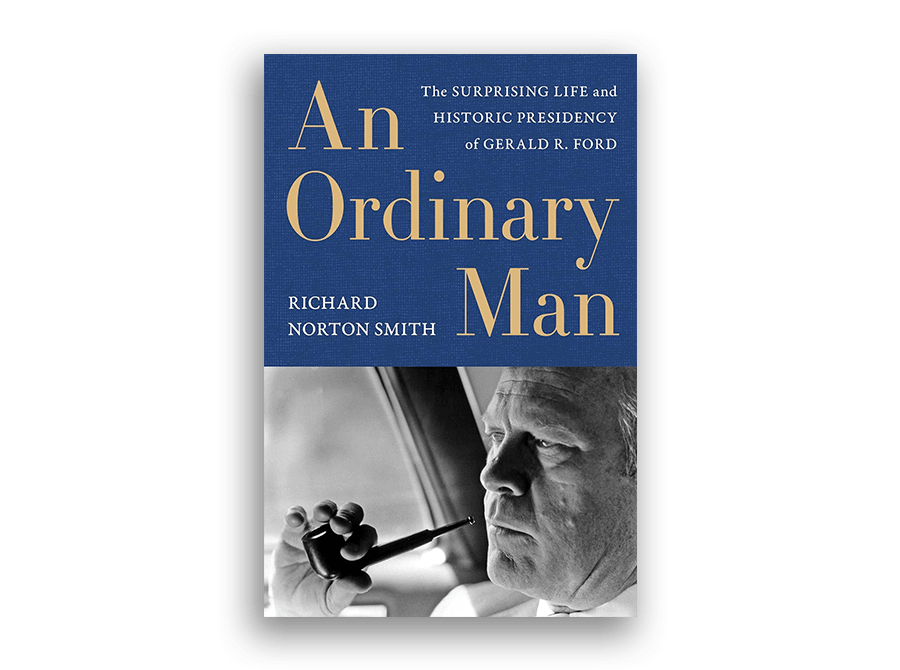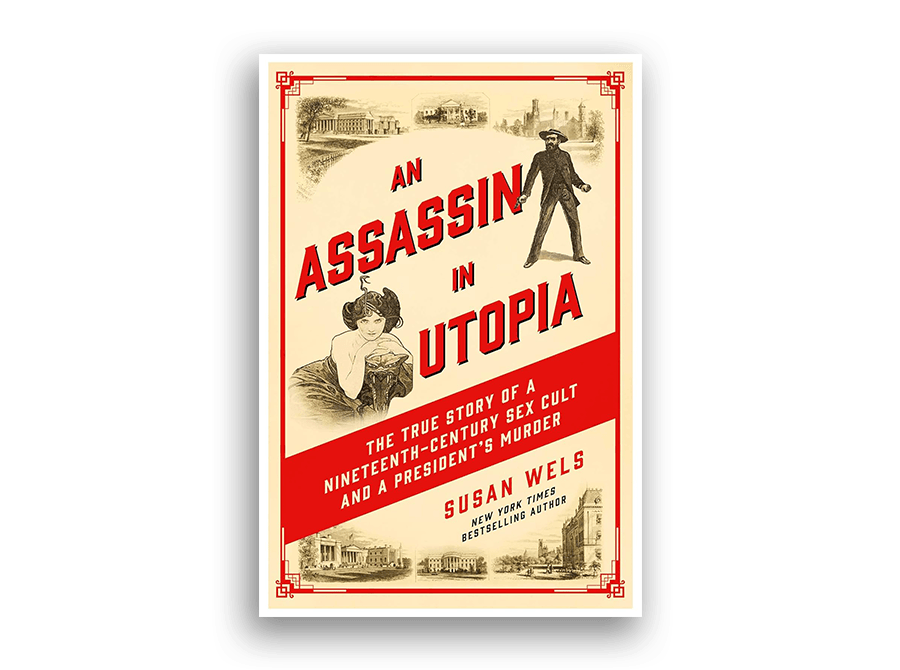
Top 10 Books of 2023
December 11, 2023First off, my usual disclaimer and explanation.
This list is not meant to assess the thousands of good books published in the past year. This is simply a list of the books—Christian and non-Christian, but all non-fiction—that I thought were the best in the past year. “Best” doesn’t mean I agreed with everything in them; it means I found these books—all published in 2023—a strong combination of thoughtful, useful, helpful, insightful, and challenging. Undoubtedly, the list each year reflects my own interests and tends to be heavy on history and theology.
Instead of trying to rank the books 1-10 (always a somewhat arbitrary task), I’ll simply list them in alphabetical order by the author’s last name.
After several friends recommended the book for weeks, I finally gave it a try. And they were right, it’s a fascinating read, filled with insights and opinions about what usually kills us and what can help us live longer and live better.
An impressive work that one would expect from a scholar at the end of his career rather than toward the beginning of it. This well-researched tome makes the compelling argument that the Reformation was not so much the eruption of something new as it was the retrieval of something old.
Rosaria is a truth-teller who is eager to help the struggler (who wants to be helped). As I wrote in my Foreword, this book is bracing in the best way. Be prepared to have the lies of our age forcefully challenged.
Fynn-Paul is a legitimate scholar who acknowledges the moral failures that sometimes accompanied the settling of the New World. This book is not rightwing propaganda. But the book is a much-needed corrective to lazy leftwing ideologies about colonialism, stolen land, and how the United States expanded its territorial footprint over decades and centuries.
The thing I always hear from people reading this book for the first time is how relevant it sounds even 100 years later. Machen’s classic, republished this year to commemorate its centennial anniversary, still resonates and still needs to be read, especially by pastors and by anyone charged with maintaining doctrinal fidelity in an anti-doctrine age.
I had the privilege of blurbing this book right before Macleod went home to glory. As one would expect from Macleod’s pen, the writing is superb, the insights are penetrating, and the history he tells is enjoyable to read. True, it helps if you have a particular interest in this period of Scottish history and theology, but Macleod always makes theology interesting for everyone.
Because Roberts, an IPC pastor in England, ministers overseas, I’m guessing that many Americans have not been made aware of this excellent book. It would make a great addition to any Christian’s reading list on issues of sexuality and identity.
Shenvi and Sawyer have done Christians a great service by reading widely and deeply in the area of Critical Theory and then providing a calm and devastating critique of many ideas that threaten the peace and purity of the church.
I admit, if you are going to make it through 800 pages on Gerald Ford it helps a lot if you, like Ford, are from Grand Rapids, Michigan. But even if you don’t have that connection, the biography is still a well-written, balanced, and sympathetic portrayal of a hard-working, consequential, eminently decent man who is not as admired as he should be.
Yes, the title accurately describes the book. Wels tells a story that would seem to be make-believe, except that it isn’t. Most Americans know little about their own history in between the Civil War and Teddy Roosevelt. Wels shows us that sometimes truth is stranger, weirder, and more tragic than fiction.
Bonus:
The most personally challenging, inspiring, and thought-provoking book I read all year (of books published in any year) was Thoughts on Preaching by James W. Alexander (1804-1859). The first 100 pages in particular—filled with 166 short quips, musings, and reflections on preaching—were especially interesting and edifying.

